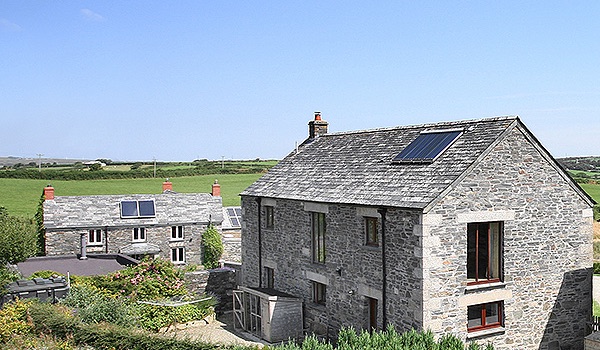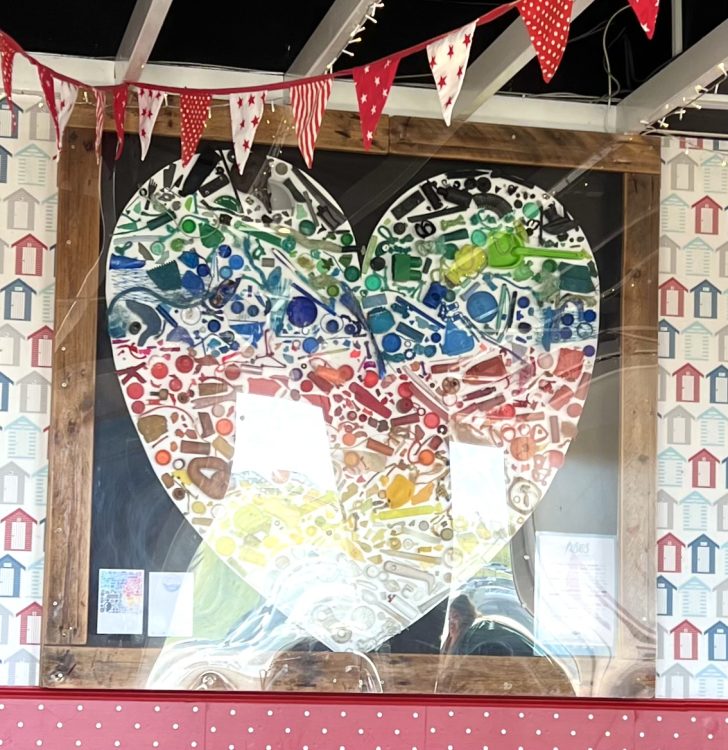The Impact of Single-Use Plastics
Single-use plastics
Single-use plastics are causing big problems for our local environments. These items, often used for just minutes, persist in nature for hundreds of years, leading to widespread pollution. They clog up rivers, harm animals, and degrade ecosystems, with wildlife often eating them by mistake. As these plastics break down, they release harmful chemicals and tiny particles that contaminate our soil and water, further disrupting ecosystems and entering the food chain. This pollution doesn’t just ruin the scenery; it also poses risks to our health. Cutting down on single-use plastics is crucial to keeping our local environments clean and safe.
Impact on beaches
Single-use plastics are a major problem on beaches, often being left behind by visitors or washing on to shore. These plastics litter the sand and can be deadly to marine life, which may ingest or become entangled in them. As they break down into microplastics, they pollute the water and disrupt the ecosystem. Reducing our use of single-use plastics is vital to keeping beaches clean and protecting marine environments.
Reducing Our Impact
The Great British Beach Clean is an initiative run by the Marine Conservation Society and you can volunteer at a beach near you to help litter pick and collect data to help keep beaches clean. If you can’t get out to litter pick you could do you part by being more mindful in your consumption. For example, instead of buying foam body boards when you come on holiday, consider renting them! Buying plastic items like body boards or pool toys which you will never use again and likely throw away is easily avoidable. By changing your habits and choosing to rent or reuse instead is a great way to limit your environmental impact.


